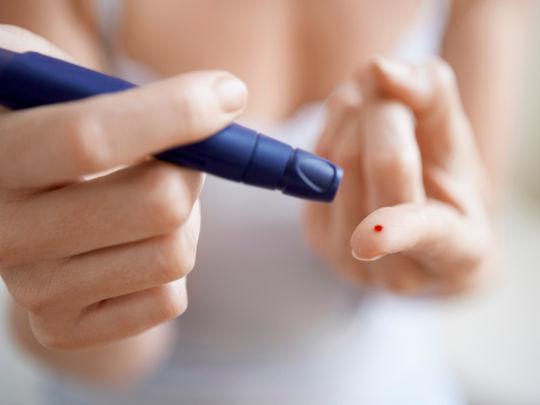
Being diagnosed with diabetes doesn’t have to be devastating. This condition is manageable, but maintaining good control of your blood sugar levels at all times will become key to a healthy life after your diagnosis. Poor blood sugar level management can lead to a cascade of symptoms and complications, some of which can have dire consequences. If you want to keep your health in good condition and maintain control of your life despite diabetes, follow these 8 tips.
- Have everything you need with you at all times. As any diabetic will tell you, this condition can be unpredictable. One day of perfect blood sugar test results can suddenly turn into another day of skyrocketing highs or seemingly inexplicable lows. Having the tools you need from medical supplies brisbane on you at all times will be key to proper management. If you need to inject insulin on a regular basis, make sure you have a supply in an easily accessible location in your home and on your person when you leave the house.
- Keep a close eye on your blood sugar levels. Your doctor will give you a good idea of what range you should be aiming for, but you’ll need to test your blood sugar regularly so that you know where you stand. Make a schedule and stick to it, and report any unusual blood sugar readings to your doctor whenever they occur.
- Eat regularly. While some people can afford to skip a meal every now and again, once you’ve been diagnosed with diabetes this habit should be a thing of the past. Regular eating will help you to maintain consistent blood sugar control, and can help prevent overeating if excessive weight gain is a problem.
- Take care of your insulin and needles. Improper care of your diabetes medications and needles can cause additional problems for your health. Keep your insulin stored at an appropriate temperature, and avoid reusing needles whenever possible. If your doctor has given you the go-ahead to occasionally reuse a needle, make sure you clean it properly with rubbing alcohol to avoid infections.
- Talk to your doctor before trying something new. There are plenty of supplements, vitamins, and diet plans out there that market themselves as being helpful for people with diabetes. Not all of them will be safe or effective, so be sure to consult with your doctor before making any changes to your routine to be sure that it will be beneficial. Diet changes and supplements can alter your treatment regime, so it’s important that the professionals are involved.
- Be careful with alcohol. Because alcohol can alter your blood sugar levels and cause them to behave erratically, many doctors advise those with diabetes to avoid it altogether, or at least drink with caution. Speak to your doctor about alcohol to have a clear picture of how much is safe for you to consume before hitting the bar.
- Look after your feet. As a diabetic, you’ll be more prone to infections in your feet than the average healthy person. Diabetes disrupts blood flow and can prevent proper flow into your extremities, causing numbness or decreased sensation in your feet. Check your feet regularly for any injuries or cuts, and consider seeing a podiatrist regularly.